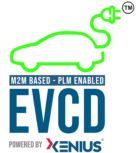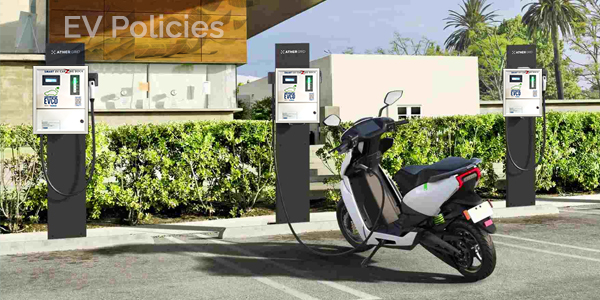What states have to offer to promote EVs
September 16, 2021 2022-01-04 4:56What states have to offer to promote EVs
If the electric mobility is gaining a good momentum in the country, a large part of the credit must go the Centre and state governments. While the Centre set the tone with the launch of FAME scheme and came up with other measures also to boost the sale of EVs, various states followed with their own EV policies loaded with incentives and tax benefits. In a series of articles, we’ll take a close look at these policies.
Both the Centre and the state governments have been doing their best to boost the sale of electric vehicles in the country. The Centre first came up with FAME (Faster Adoption and Manufacturing of Hybrid and Electric Vehicles) scheme, the first phase of which began on April 1, 2015 and it was extended till March 31 2019. The second phase of the scheme (FAME-II) began on April 1, 2019 and it is to end on March 31 next year. Besides it also allocated Rs 10,000 crore to be spent on educating the public about the benefits of EVs over fuel-based vehicles, and also boosting EV sales. Taking a cue from that, various state governments have launched their own EV policies during the past few months.
- Chief Minister Arvind Kejriwal launched the Delhi Electric Vehicle Policy 2020 with the avowed objective of establishing Delhi as the EV Capital of India.
- Maharashtra targets to make up 10 per cent of the total vehicles sold in the state to be EVs, and to achieve that, the Government has rolled a Rs 930-crore policy.
- The UP Government aims to install nearly two lakh slow and fast chargers and battery-swapping stations by the year 2024. It also plans to bring in manufacturing units with capacity of at least 5 GWh.
- Rajasthan’s EV policy focuses on demand-creation by offering cash benefits to electric two and three-wheeler buyers. The cash subsidy amount, however, is lower than Delhi and Maharashtra.
Let’s have a close look at what various states have to offer, in the form of rebates, tax incentives and other benefits, in their polices for electric vehicles:
DELHI: Chief Minister Arvind Kejriwal launched the Delhi Electric Vehicle Policy 2020 with the avowed objective of establishing Delhi as the EV Capital of India. A purchase incentive of Rs 10,000 per kWh of battery capacity is provided per 4-wheeler EV with a limit of maximum incentive of Rs 1.5 lakh per vehicle for the first 1000 EVs to be registered in Delhi.
For two-wheelers, a purchase incentive of Rs 5,000 per kWh of battery capacity will be provided per 2W EV with a limit of maximum incentive of Rs 30,000 per EV. Adding to the benefits, several taxes have been exempted for EV users. The registered EV will also be eligible for scrapping incentives.
UTTAR PRADESH: The UP Government launched its EV policy in 2019. The policy aims to achieve 70 pc of EV public transportation in already-identified 10 cities by 2030. The state is set to launch 1,000 electric buses and nearly 10 lakh EVs across all segments by 2024. The Government also aims to install nearly two lakh slow and fast chargers and battery-swapping stations by the year 2024. It also plans to bring in manufacturing units with capacity of at least 5 GWh in the next five years for smooth electric mobility.
MAHARASHTRA: The Government of Maharashtra revised and re-launched its EV policy of 2018 on July 13 this year. The Government aims to become the topmost producer of battery-powered electric vehicles in India by the year 2025. The target is to make up 10 per cent of the total vehicles sold in Maharashtra to be EVs, and to achieve that, the Government has rolled a Rs 930-crore policy which is valid till March 31, 2025.
For the two-wheeler category, the state offers a purchase incentive of Rs 5,000 per kWh of battery capacity with a limit of Rs 10,000 for the first 1 lakh two-wheeler EVs. For the four-wheeler segment, the incentive is the same with the maximum capacity of 30 kWh which increases the total incentive to Rs 1.5 lakh per EV. The Government also plans to install 2,500 charging stations across seven pre-determined cities in the next four years. A total of 1,500 chargers are to be set up in the Greater Mumbai region, 500 in Pune, 150 each in Nagpur and Nashik, 75 in Aurangabad, 30 in Amravati and 20 in Solapur.
RAJASTHAN The state’s EV policy came a few days after Maharashtra. Rajasthan’s EV policy focuses on demand-creation by offering cash benefits to electric two and three-wheeler buyers. The cash subsidy amount, however, is lower than Delhi and Maharashtra. As per the Rajasthan EV policy, the state will refund its component of GST (SGST) to the consumers of the EVs. The buyers who purchase EVs between April 2021 and March 2022 will receive this benefit.
Over and above this, all the electric two and three-wheeler consumers will be eligible for additional cash subsidies. The amount of this cash subsidy will range between Rs 5,000 and Rs 20,000, depending on the size of the battery.
To be continued…



